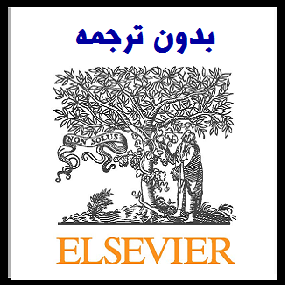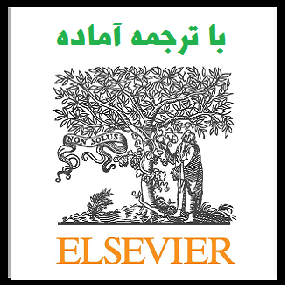دانلود رایگان مقاله نمرات ESG (محیط زیستی، اجتماعی و دولتی) بانکداری و توسعه مالی اسلامی – سال 2020


مشخصات مقاله:
عنوان فارسی مقاله:
نمرات ESG (محیط زیستی، اجتماعی و دولتی) بانکداری و توسعه مالی اسلامی: شواهدی از یک تحلیل بین کشوری
عنوان انگلیسی مقاله:
Islamic finance development and banking ESG scores: Evidence from a cross-country analysis
کلمات کلیدی مقاله:
امور مالی اسلامی، ESG، CSR، بانکداری، IFDI
کلمات کلیدی انگلیسی:
Islamic finance – ESG – CSR – Banking – IFDI
مناسب برای رشته های دانشگاهی زیر:
مدیریت
مناسب برای گرایش های دانشگاهی زیر:
بانکداری، مدیریت مالی
وضعیت مقاله انگلیسی و ترجمه:
مقاله انگلیسی را میتوانید به صورت رایگان با فرمت PDF با کلیک بر روی دکمه آبی، دانلود نمایید. برای ثبت سفارش ترجمه نیز روی دکلمه قرمز رنگ کلیک نمایید. سفارش ترجمه نیازمند زمان بوده و ترجمه این مقاله آماده نمیباشد و پس از اتمام ترجمه، فایل ورد تایپ شده قابل دانلود خواهد بود.
فهرست مطالب:
Abstract
Graphical abstract
JEL classification
Keywords
1. Introduction
2. Literature review
2.1. CSR and the non-financial sector
2.2. CSR and banking
2.3. CSR in Islamic finance
3. Data and methodology
3.1. The sample
3.2. Main variables
3.3. Methodology
4. Results and discussion
5. Conclusion
References
قسمتی از مقاله انگلیسی:
1. Introduction
The literature on Corporate Social Responsibility (CSR) is rich. Since its inception, it provides a persuasive stakeholder-oriented alternative to the classical profit-maximization theory of the firm. Despite findings are still subject to academic debate, CSR engagement is often found beneficial in terms of profitability and risk reduction. Several findings (f.i. Sassen et al., 2016; Hoje and Haejung, 2012; Cai et al., 2012) support a different sensitivity of specific business sectors to CSR in terms of firm-risk and firm-value. For banks, the literature provides evidence of gains in performance and risk-taking associated with a strategic involvement in CSR, in particular for the governance dimension. However, results are less conclusive for emerging markets. A growing academic scrutiny involves CSR and Islamic finance, with the latter being expected to be more sensitive to sustainability due to its peculiar founding principles. However, in this field results are even more inconclusive, with results concentrated especially on the beneficial role on corporate ethics attributable to Sharia supervisory boards. Additionally, the existing literature is mainly focused on countries where Islamic finance is prominent, often on Islamic banks in contrast with their conventional counterparts or, more recently, linking their operations to the Socially Responsible Investments (SRI) research stream.



